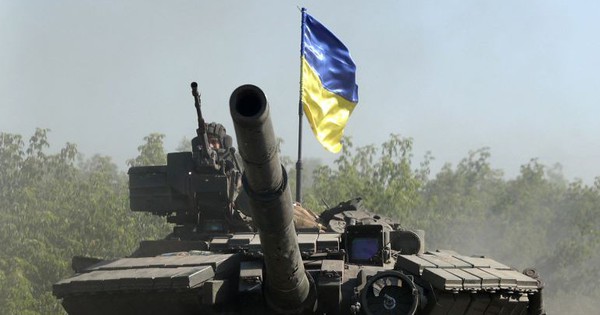There are tanks, advanced weapons of the West, but Ukraine is still struggling to launch a large counter-offensive campaign against Russia. Photo IT
President Volodymyr Zelensky begged for military aid to launch a counterattack against Russia, and the West responded.
Ukrainian forces then needed time to get used to the new Western military equipment. Ukraine has also recruited and trained tens of thousands of new recruits, most of whom have been trained abroad.
However, weeks have passed since Western tanks and modern weapons were delivered to Ukraine, and Kiev has yet to launch the counter-offensive to take back the territory it has long planned from Russia. This is said to give Russia invaluable time for Russia to build a more solid and comprehensive defense system. Russia is now believed to be very likely to inflict significant casualties on Ukraine if Kiev launches a counterattack.
Why did Mr. Zelensky delay the start of the counter-offensive and would that delay affect the effectiveness of their counter-offensive?
In practice, preparations for a major military counter-attack are complex – they need to be conducted in secret, involve many options, including deception schemes, and then must be considered. which project is most likely to succeed.
The Ukrainian military has proved very adept at driving Russian forces out of half of the Ukrainian territory that Moscow once occupied, and so there is a sentiment of expectation that the coming Ukrainian counter-offensive could bring decisiveness to repel the Russians from all remaining territories.
Western allies may expect the Ukrainians to push back Russian forces, but that is only a possibility. After all, Russia is a superpower and has substantial resources at its disposal.
According to experts, the Russians have had time to establish solid defensive obstacles and Ukraine will suffer three times more casualties when counter-attacking than when defending.
Military operations are always risky, unpredictable, and highly dependent on initiative and motivation.
Mr. Zelensky will know the risks and will want to make sure plans are complete and ready before starting counter-action. There is an opinion that the Ukrainian leader is being pushed into a difficult choice about whether to continue the counter-offensive or not.
Although Mr. Zelensky proved to be an excellent leader in wartime, he had little military experience. He had only been a politician for three years – before that, he was a comedian.
Although he had very capable military advisers, even these men lacked battlefield experience.
Therefore, it is entirely understandable that Mr. Zelensky took a long time to weigh the potential benefits and great risks of a counter-attack.

